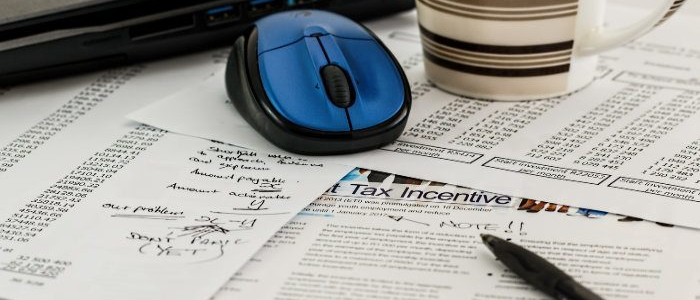
Contractors face two major changes to tax rules in the financial new year, with new rules applying to dividends and expenses. As ever there will be winners and losers as a result of the tax on dividends on April 6, while the new restrictions on travel and subsistence expenses will affect anyone caught in the IR35 net.
So what exactly are the changes, and what can be done to avoid their worst effects? Can you even use the changes to your advantage? Let’s look at each issue in turn:
Dividends
Under the existing system, using dividends creates a tax advantage for contractors whose fees are paid into their own limited company.
Until April 6, contractors have been able to pay themselves up to £39,206.50 out of their company profits before they become liable for any income tax. The money wasn’t tax free – company profits are subject to corporation tax at 20 percent – but it was significantly less than if paid as PAYE with National Insurance Contributions on top.
That system has been abolished and replaced with a simpler system, but one which means that anyone drawing dividends of more than £25,250 from their own company will be worse off.
The new dividend tax system
Under the new rules, everyone will receive a tax free personal dividend allowance of £5,000. Above that amount, dividends will be taxed at the following thresholds:
- Basic Rate – 7.5 percent (previously effectively at 0 percent after tax credits)
- Higher Rate – 32.5 percent (previously effectively at 25 percent)
- Additional Rate – 38.1 percent (previously effectively at 30.56 percent)
The impact of this change is that if you have a small amount of income from dividends – for example, small investors with shareholdings in large companies – then you will gain a small amount.
But for most contractors who have structured their financial affairs to take advantage of the old dividend rules, this means paying more tax on their dividends.
For example, someone paying higher rate tax at 40 percent who takes more than £21,666 a year in dividends will pay more tax.
ContractingWISE’s partner accountants and tax compliance consultants can help find the best tipping point for your individual circumstances.
Expenses
Travel and subsistence expenses are coming in for closer scrutiny by HMRC as a result of budget changes announced in 2015.
Anyone who is self-employed is allowed to claim tax relief for money they spending travelling to do work, and eating any meals while on the job.
This applied both to contractors who owned their own limited companies and to those working through an umbrella company.
Now the government has decided that this is unfair to permanent employees who cannot claim those costs.
The new rules prevent anyone caught in the IR35 net from claiming travel and subsistence expenses for journeys to their main workplace.
It means that anyone wanting to continue to claim home-to-work expenses, it’s vital to stay outside IR35.
Travel expenses and SDC
The precise wording of the rules states that they apply to anyone who is under ‘Supervision, Direction or Control’ of their employer.
HMRC defines Supervision as “someone overseeing a person doing work”, Direction is “someone making a person do is/her work in a certain way” while Control is “someone dictating what work a person does and how they go about doing that work”.
This is not quite the same as IR35, but it is something that can be dealt with by making your contracts “SDC-proof” as well as IR35-proof.
SDC and IR35 are both complex areas so it’s worth getting expert guidance on your contracts and situation. Get in touch with ContractingWISE for a free consultation and we can talk you through IR35 and SDC, and put you in touch with experts that can find out if your latest contract might be affected by these rules.



